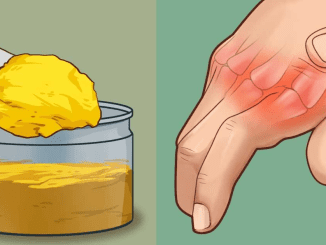As a pelvic floor physical therapist, I’ve had countless conversations with patients about the frustrating experience of waking up multiple times during the night to use the restroom. While we often discuss bladder irritants, hydration habits, and bladder retraining techniques, there’s another crucial factor that’s often overlooked: the role of the pelvic floor in our sleeping patterns.
The Connection Between the Pelvic Floor and REM Sleep
The pelvic floor plays a surprisingly vital role in our ability to achieve restful, uninterrupted sleep. During the crucial REM (Rapid Eye Movement) sleep stage, our bodies go through a remarkable series of physiological changes. One of the key processes that occurs is the secretion of antidiuretic hormone (ADH), which minimizes the amount of water we excrete through urine, helping to conserve the body’s fluid balance.

The Role of Antidiuretic Hormone (ADH) in Sleep
When we’re well-hydrated, ADH secretion increases, leading to decreased urine production and less frequent urination. This allows us to sleep through the night without the need to get up and use the restroom. However, if we’re not producing adequate amounts of ADH, our urine production remains at a “daytime” pace, ultimately resulting in the all-too-familiar midnight bathroom trips.
The Impact of Poor Pelvic Floor Function on Sleep
Weak or dysfunctional pelvic floor muscles can disrupt the body’s natural secretion of ADH during REM sleep. This can lead to increased urine production and the need to wake up and use the bathroom, preventing us from achieving the deep, restorative sleep we so desperately need.
Establishing Healthy Sleep Habits
To combat this issue and enjoy better quality sleep, it’s essential to establish a robust sleep routine and adopt healthy habits. This includes:
Developing a Consistent Sleep Schedule
- Going to bed and waking up at the same time every day, even on weekends
Creating a Relaxing Bedtime Routine
- Engaging in calming activities like meditation, gentle yoga, or reading
Optimizing Your Sleep Environment
- Ensuring your bedroom is cool, dark, and free from disruptive stimuli
Avoiding Substances That Interfere with Sleep
- Limiting caffeine, nicotine, and alcohol intake
Incorporating Pelvic Floor Exercises
- Strengthening the pelvic floor muscles through targeted exercises

By addressing these factors and understanding the crucial role the pelvic floor plays in our sleeping habits, we can unlock the door to more restful, uninterrupted nights and experience the numerous benefits of quality sleep.
The connection between the pelvic floor and our sleeping patterns is often overlooked, but it’s an essential piece of the puzzle when it comes to achieving optimal sleep. By incorporating healthy sleep habits, addressing any pelvic floor dysfunction, and understanding the crucial role of ADH, we can reclaim our nights and wake up feeling refreshed and rejuvenated. So, let’s prioritize our pelvic floor health and unlock the secrets to better sleep for a happier, healthier life.


